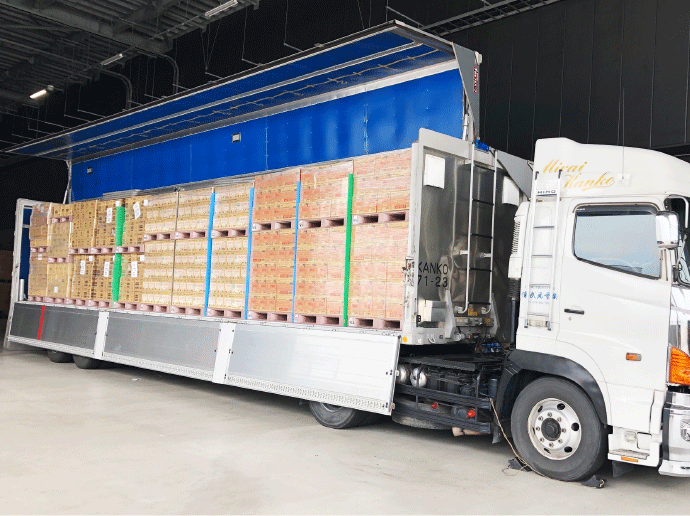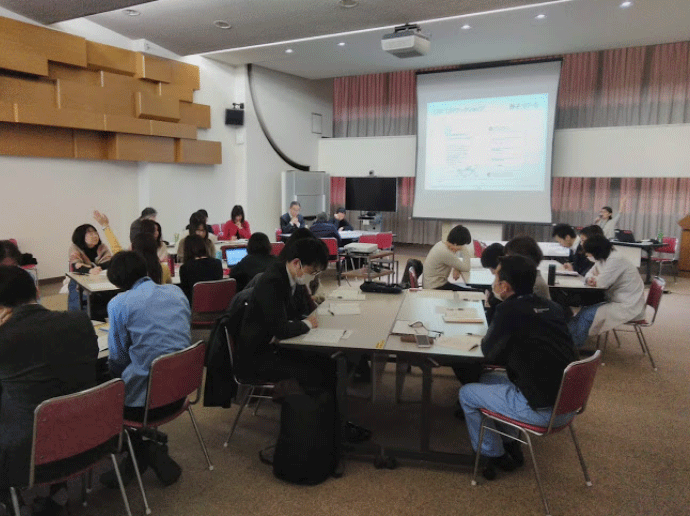Supply Chain Management
At Sunstar Group, sustainable supply chain management isn’t just a function but rather a reflection of our global values. We take a long-term, ethical approach to procurement, grounded in transparency, compliance, and environmental responsibility. From enforcing human rights due diligence to promoting eco-conscious sourcing and fair partnerships, our procurement practices are designed to support a healthier planet and society.
Policy and Approach
The Sunstar Group conducts all business activities with respect to the sustainable development of society and the planet. In our procurement process, we endeavor to fulfill our social responsibility through compliance with laws, ordinances and social norms, and due consideration toward environmental conservation, human rights, safety, and other issues.
As the scope of our activities expands across the world, we strive to form long-lasting relationships with our partners, rooted in honest and fair transactions and strong considerations for society and the natural environment worldwide. When starting or continuing business with our suppliers, we place importance not only on their performance in terms of quality, delivery, cost, and technology, but also on their commitment to continuous improvement and their attitude toward environmental preservation and social responsibility. For that purpose, we periodically ask suppliers to respond to questionnaires on social responsibility and environmental conservation. Through these activities, we promote sustainable procurement.
Sunstar Group Basic Procurement Policy
The Sunstar Group shall engage in fair and honest purchasing activities in compliance with laws, ordinances and social norms.
In support of a sustainable society, we shall endeavor to fulfill our social responsibility, giving due consideration to environmental conservation, human rights, and other issues
1.Compliance with laws, ordinances and social norms
In procurement activities, we shall conduct our business in compliance with related laws, ordinances and social norms
2.Fairness and honesty
In procurement activities, we shall refrain from corrupt behavior, and engage in appropriate business transactions where there are fair and honest opportunities for competition from a global perspective, while pursuing improvements in quality, cost and delivery.
3.Environmental conservation
In procurement activities, we shall work with business partners to address any environmental impact based on an understanding of the importance of environmental conservation.
4.Human rights
We conduct appropriate raw material procurement respecting human rights throughout the supply chain in cooperation with our suppliers.
5.Building of mutually beneficial relationships
We shall uphold the confidentiality of information from business partners and work to build mutually beneficial relationships of trust.
6.Contribution to society
Throughout procurement activities, we shall seek to contribute to society, placing importance on ties with business partners, customers, employees, and local communities.
The Value Chain and Sustainability—Initiatives and Challenges

Major Initiatives
Building a responsible supply chain (Europe, Americas, Japan)
We run the Sustainability Assessment Questionnaire (SAQ) for our suppliers to confirm commitments to human rights, the rejection of forced and child labor, environmental protection, the advancement of eco-friendly technologies, and the highest ethical standards. In addition, there is a strong focus on working with suppliers to increase the usage ratio of eco-friendly materials for the existing products and promote green purchasing practices.


Technology exchanges (Japan)
We strive for mutual growth alongside suppliers and hold technology exchanges with the aim of expanding the business operations of all parties based on a principle of prosperous coexistence. While sessions were held online from 2020, they went back to in person since 2023. The sessions are held with small numbers of participants to facilitate more in depth discussions.

Enhancement of the working condition in logistics and reduction of environmental impact (Japan)
Sunstar is working with information management, transportation and manufacturing firms to better coordinate sales distribution and logistics data, so that we can move in a ticket-less (reducing paper usage) and inspection less (improving working conditions) direction. We are also striving to improve working conditions and reduce CO₂ emissions across the whole of the logistics sector by using shared logistics to improve truck loading efficiency, reduce truck numbers, cut down on driver waiting times and achieve a modal shift.

Employee training (Global)
Purchasing personnel run education programs on sustainability procurement, starting with study sessions on relevant laws and regulations.
